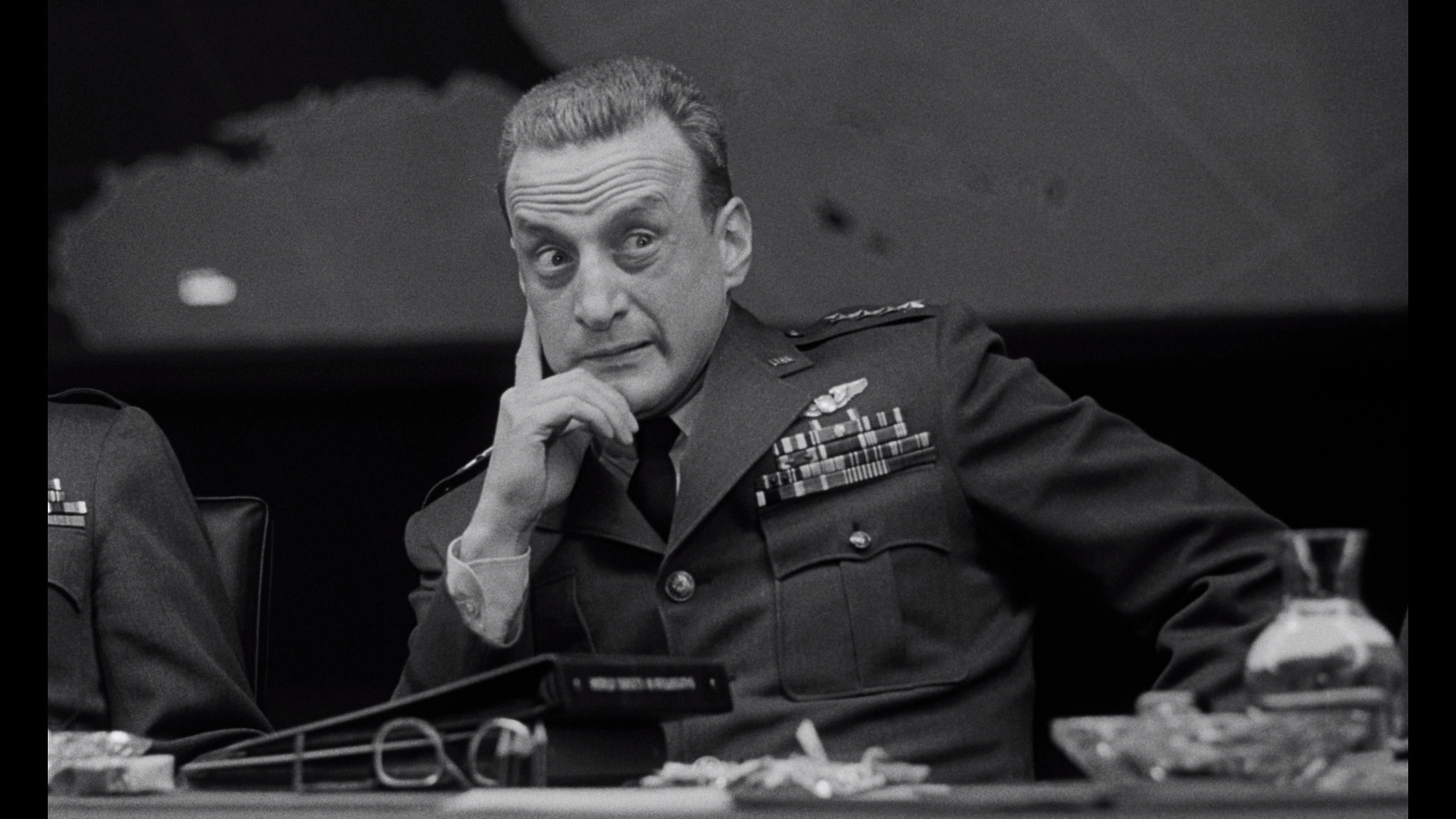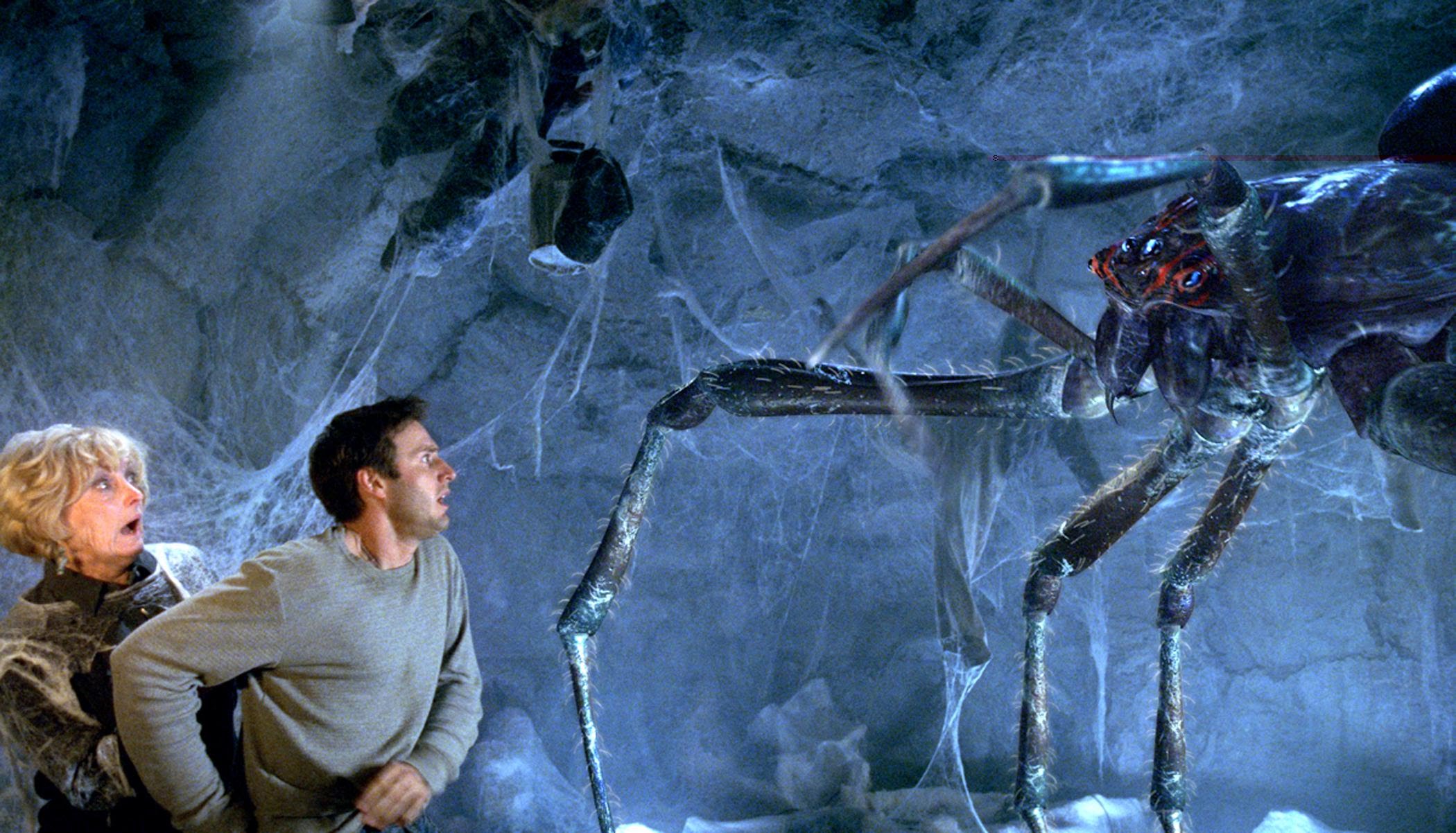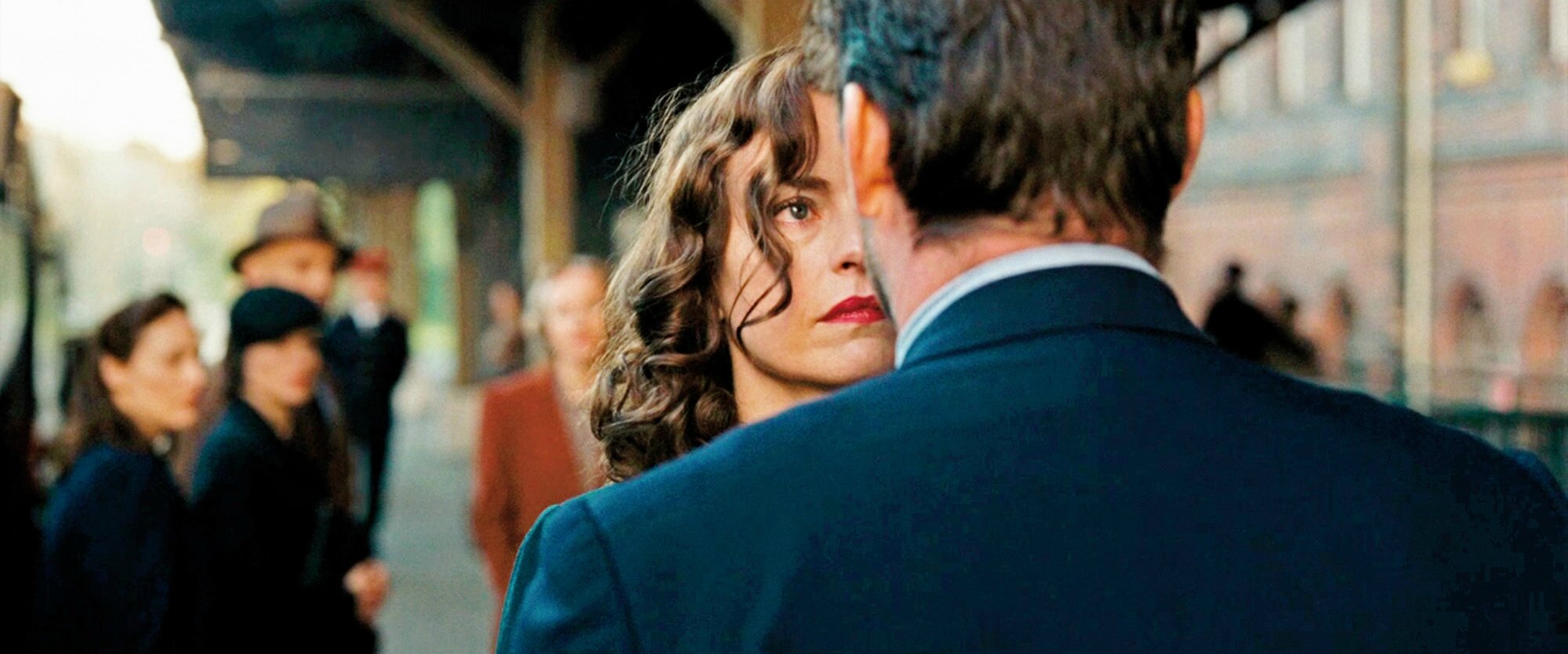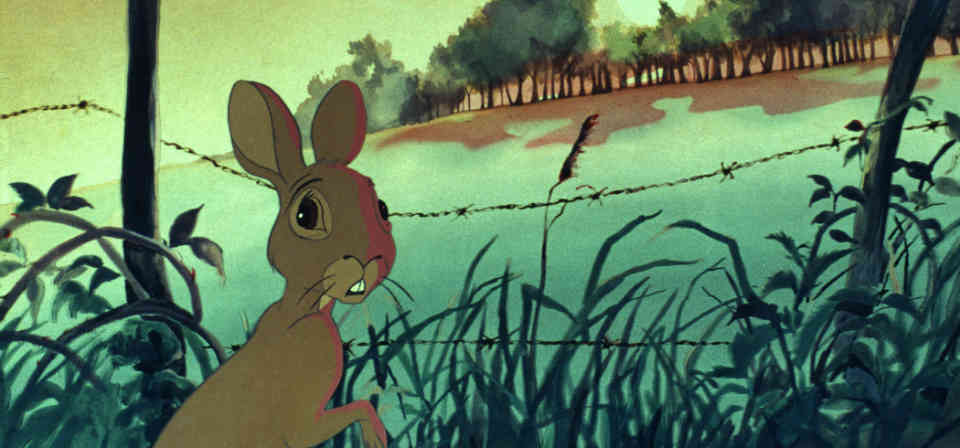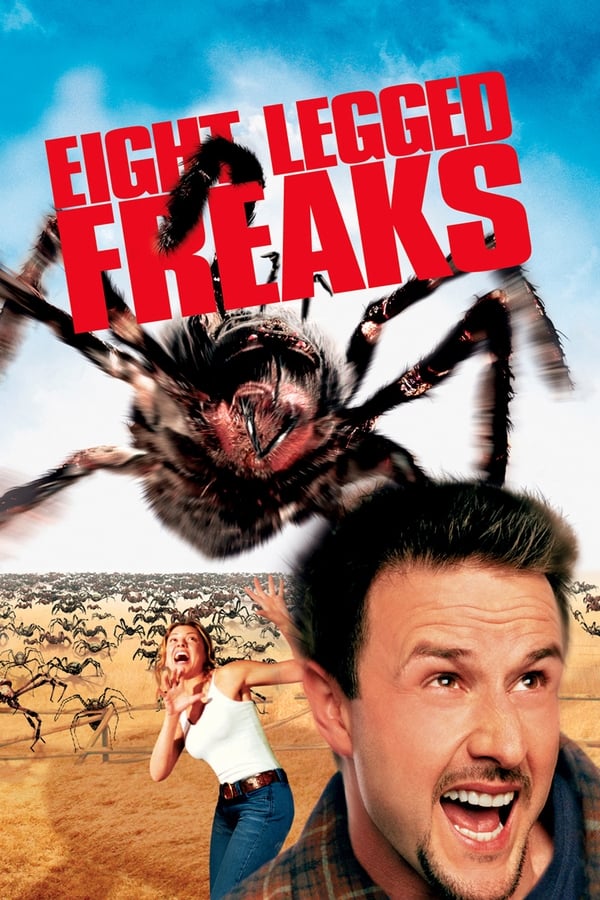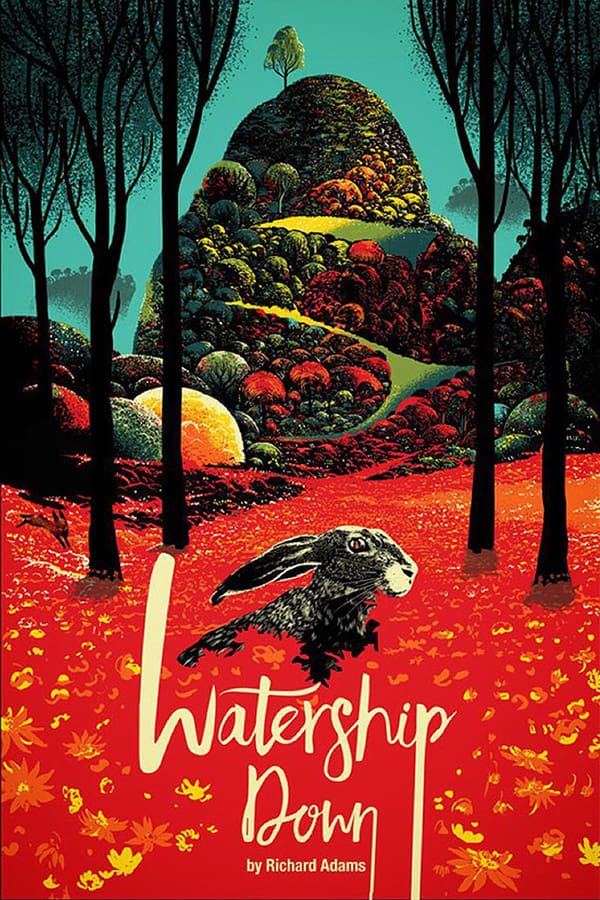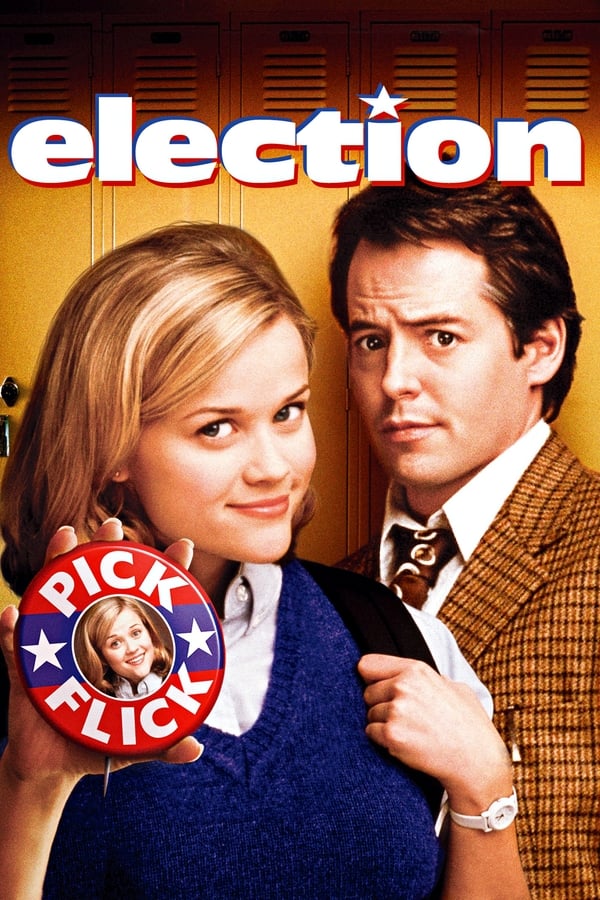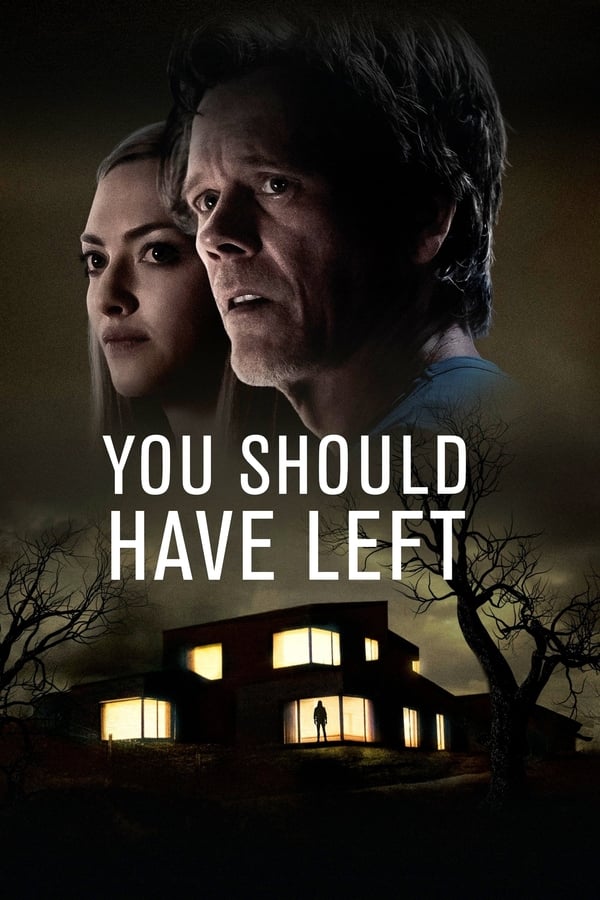JASON GOES TO HELL
THE FINAL FRIDAY
(1993, Marcus)
Friday the 13th Freebie
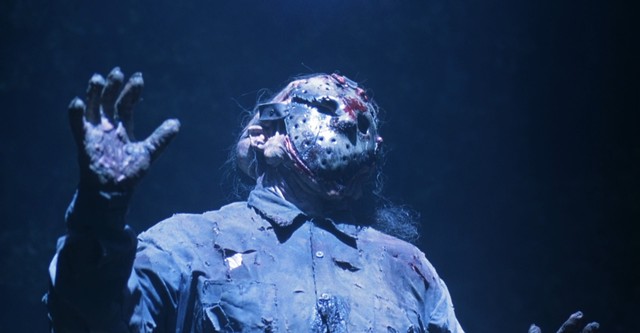
"Say, Doc! What's the verdict? Is Jason gonna be gettin' up and walkin' around any time soon?"
"We really nailed that fu¢ker."
Jason Goes to Hell is the ninth entry in the
Friday the 13th franchise; a franchise that had proclaimed in 1984 that Part 4 was "the final chapter". By the 1990s, with horror and slasher interest waning, producers were looking for ways to either revitalize the franchise or end it for good, so that Jason wouldn't be gettin' up and walkin' around any time soon.
The film starts with Jason back in Crystal Lake, more or less retconning/ignoring the events of
Jason Takes Manhattan, as he is ambushed by FBI and SWAT agents. Even though they literally blow him up to pieces, Jason's soul or essence, starts transferring from human body to human body wreaking havoc.
I'll start by saying that the premise of Jason's soul transferring, although interesting and a bold attempt to do something different, feels at odds with the usual mythology that has been with the franchise from the beginning. Sure, this is not a franchise that's been known for sticking to a strict continuity, but still... since Part 1, Jason has been drowned, stabbed, hacked all over his body, poked, burned, and drowned again and again... and his soul had never thought of transferring to another body. So you understand why that feels pulled out of a hat.
But the new twists doesn't end there. We also find out that Jason can only be truly killed by a blood relative, but also that Jason can regain his original monster-y form by possessing a blood relative. Enter Jason's half-sister, Diana Kimble (Erin Gray), her daughter Jessica (Kari Keegan), and infant granddaughter Stephanie, all of which Jason starts looking for in order to "come back to life".
If it sounds stupid, nonsensical, or at the very least "borrowed", it's because it is stupid, nonsensical, and well, "borrowed" (
Halloween, anyone?), which again makes the film feel less like a
Friday the 13th film and more like a weird, half-baked monster film. Not only is the premise weird, but the logistics of how Jason and this half-assed mythology works doesn't quite hold up.
But I would be lying if I didn't say there's some fun to be had with the stupidity of it all. This is the second or third time I watch this, and I admit there is a certain campiness to everything that makes you at least chuckle, plus there are some creative kills here and there, which is one of the main reasons why people watch this. Does it make a lot of sense? Hell, no. Is it a bit fun? A bit, yeah. Is Jason gonna be gettin' up and walkin' around any time soon? For better or worse, you're damn right he will.
Grade:
 Hadn't checked that.
Hadn't checked that. Hadn't checked that.
Hadn't checked that. Check out my podcast:
Check out my podcast: 